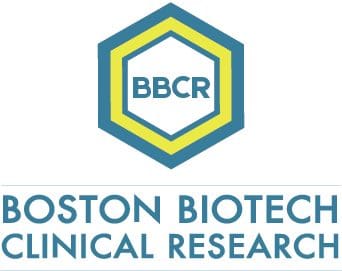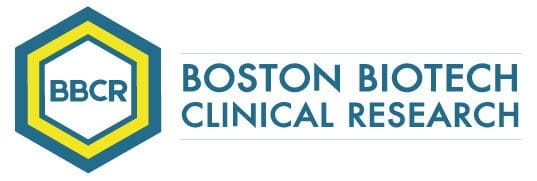Amyotrophic lateral sclerosis (ALS) is a group of rare neurological rare diseases that mainly involve the nerve cells (neurons) responsible for controlling voluntary muscle movement. Voluntary muscles produce movements like chewing, walking, and talking. The disease is progressive, meaning the symptoms get worse over time. Currently, there is no cure for ALS and no effective treatment to halt, or reverse, the progression of the disease.
In 2016 the Centers for Disease Control and Prevention estimated that between 14,000 – 15,000 Americans have ALS. ALS is a common neuromuscular disease worldwide. It affects people of all races and ethnic backgrounds.
The majority of ALS cases (90 percent or more) are considered sporadic. This means the disease seems to occur at random with no clearly associated risk factors and no family history of the disease. Although family members of people with sporadic ALS are at an increased risk for the disease, the overall risk is very low and most will not develop ALS.
Most people with ALS die from respiratory failure, usually within 3 to 5 years from when the symptoms first appear. However, about 10 percent of people with ALS survive for 10 or more years.
Microbime is the combined genetic material of the microorganisms in a particular environment (including the body or a part of the body). We depend on a vast army of microbes to stay alive: a microbiome that protects us against germs, breaks down food to release energy, and produces vitamins”.
ALS clinical manifestations may be influenced by unknown environmental factors. A mouse model was used to study a potential role of gut microbiome and metabolites in modulating ALS symptoms (Blacher E et al . Nature 22July 2019) ( https://www.nature.com/articles/s41586-019-1443-5).
They correlate 11 distinct commensals with mouse-ALS severity, and exemplify by their individual supplementation into antibiotic-treated mice that Akkermansia muciniphila (AM) ameliorates & Ruminococcus torques & Parabacteroides distasonis exacerbate mouse-ALS symptoms. Thus, Boosting the levels of Akkermansia muciniphila in mouse guts slowed the progression of an ALS-like disease, while two other microbiome members were associated with more severe symptoms.
In humans, this identifies distinct microbiome/metabolite configurations in a small preliminary study assessing ALS patients versus household-controls. Which suggests that environmentally-driven microbiome-brain interactions may modulate murine ALS, and call for similar investigations in human ALS.

Specializing in rare disease, Boston Biotech Clinical Research works with biotech, pharmaceutical, device companies and investors to streamline the clinical trial process. Our experienced team helps each client reach their specific goals by customizing a clinical and regulatory road map of simplified programs and streamlined protocols to meet our clients’ requirements.

